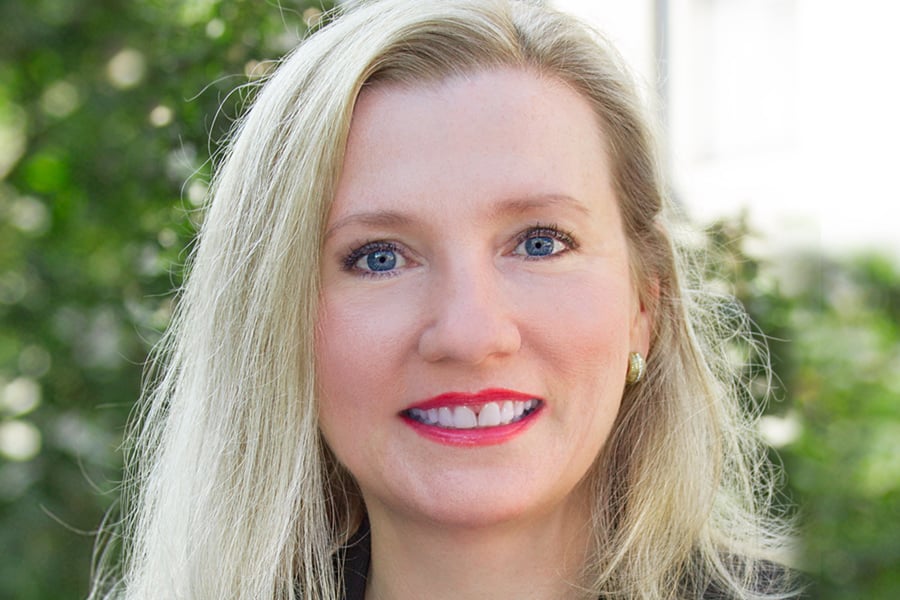

Lisa Hopkins, the senior deputy securities commissioner for West Virginia, will serve as president of the North American Securities Administrators Association for the next year.
At NASAA’s virtual annual meeting Wednesday, Hopkins said that during her term, she will prioritize issues of diversity, equity and inclusion, and continue discussions with the Securities and Exchange Commission about its exempt offering framework, according to a press release.
“I continue to be very concerned about the SEC’s attempt to expand private markets — and the participation of retail investors in those markets —without a commensurate increase in oversight,” Hopkins said.
Hopkins cited the effect the pandemic has had on regulators, the securities industry and investors, and said that NASAA is setting up a crisis planning and recovery committee.
Hopkins succeeds Christopher Gerold, the chief of the New Jersey Bureau of Securities, as the group’s president.
Hopkins served as NASAA’s president-elect for the past year. Earlier, she was chair of the group’s corporation finance section.
Hopkins has worked for the West Virginia auditor’s office since 1999, serving as both general counsel and senior deputy securities commissioner. In 2016, she was the first woman to serve as West Virginia state auditor.

In a saturated market of PE secondaries and repackaged alts, cultural assets stand out as an underutilized, experiential, and increasingly monetizable class of wealth.

However, Raymond James has had success recruiting Commonwealth advisors.

A complaint by the Social Security Administration's chief data officer alleges numbers, names, and other sensitive information were handled in a way that creates "enormous vulnerabilities."

The New Orleans-based 5th Circuit has sided the industry groups arguing the commission's short-selling rules exceeded its authority.

The deal will see the global alts giant snap up the fintech firm, which has struggled to gain traction among advisors over the years, for up to $200 million
Orion's Tom Wilson on delivering coordinated, high-touch service in a world where returns alone no longer set you apart.
Barely a decade old, registered index-linked annuities have quickly surged in popularity, thanks to their unique blend of protection and growth potential—an appealing option for investors looking to chart a steadier course through today's choppy market waters, says Myles Lambert, Brighthouse Financial.
